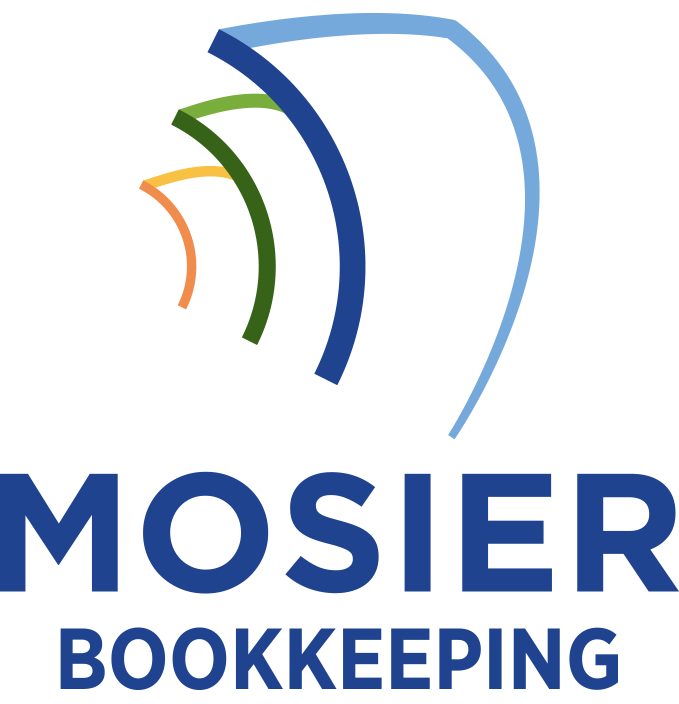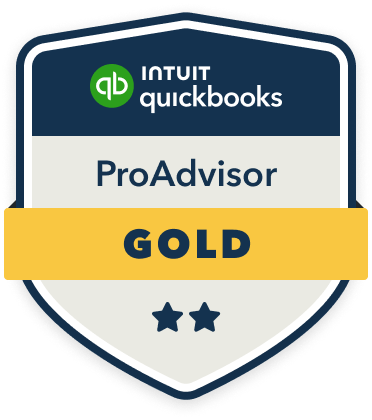For effective small business payroll management, I recommend establishing a fixed payment schedule and implementing a reliable system to track hours, taxes, and documentation. You’ll need to maintain detailed employee files, including W-4s and I-9s, while ensuring proper tax withholdings at federal, state, and local levels. If you have more than five employees, consider cloud-based payroll software to automate calculations and minimize errors. The following insights will help you avoid costly mistakes and penalties.
Setting Up a Reliable Payroll System and Schedule

Three key elements form the foundation of a reliable payroll system: consistent scheduling, accurate record-keeping, and clear communication.
I recommend establishing a fixed pay schedule – whether weekly, bi-weekly, or monthly – and sticking to it rigorously. I’ve found that implementing cloud-based payroll software streamlines your process and minimizes errors. Set automated reminders for important deadlines and maintain digital copies of all pay stubs, tax forms, and employee information.
You’ll need to create a standardized process for tracking hours, overtime, and leave. Communicate your payroll policies clearly to employees and establish protocols for addressing discrepancies or concerns promptly.
Essential Documentation and Record-Keeping Requirements
A well-organized payroll system relies on meticulous documentation and precise record-keeping practices. I recommend maintaining detailed employee files containing W-4 forms, I-9 verifications, and state tax withholding certificates. You’ll need to preserve payroll records, including time sheets, wage calculations, and payment histories, for at least four years.
Store tax deposits, quarterly returns, and annual filings systematically. I’ve found that digital storage systems with secure backups protect these critical records while ensuring quick accessibility. You must also document workplace policies, overtime agreements, and benefit elections. Remember, proper documentation shields your business from compliance issues and potential audits.
Understanding Tax Obligations and Compliance

Every small business must navigate multiple tax obligations when managing payroll. I’ll help you understand your core responsibilities to maintain full compliance and avoid costly penalties. You’re responsible for calculating, withholding, and submitting various taxes on time.
- Federal tax obligations include income tax withholding, Social Security, and Medicare (FICA taxes), plus Federal Unemployment Tax (FUTA)
- State tax requirements vary but typically include state income tax withholding and State Unemployment Insurance (SUI)
- Local taxes may apply in certain jurisdictions, requiring additional withholdings for city, county, or municipal taxes
Handle these obligations precisely to protect your business and maintain compliance.
Choosing Between Manual and Automated Payroll Solutions
Small business owners must carefully weigh their options when deciding between manual and automated payroll processing methods. I recommend evaluating your specific needs based on employee count, budget, and time constraints. Manual processing offers lower upfront costs but demands significant time investment and increases error risk. Automated solutions, while initially more expensive, streamline operations through digital timekeeping, tax calculations, and direct deposits. I’ve found that businesses with more than five employees typically benefit from automation, as the time saved and reduced errors justify the investment. Consider your growth trajectory when making this decision.
Common Payroll Mistakes to Avoid

Three critical payroll mistakes can severely impact your business operations and employee relationships. I’ve seen these errors damage both company finances and team morale. Let me share the most vital pitfalls you must avoid to maintain control of your payroll process.
- Misclassifying workers as independent contractors instead of employees, which can trigger IRS penalties and back-tax obligations
- Missing payroll tax deposit deadlines, resulting in substantial fines and potential legal complications
- Failing to maintain accurate time and attendance records, leading to wage disputes and compliance violations
I recommend implementing strict verification procedures and regular audits to protect your business.
Best Tools and Resources for Small Business Payroll Management
I want you to examine a few powerful tools that’ll revolutionize your small business payroll management. Online payroll software solutions like QuickBooks Payroll, Gusto, and ADP Run offer expansive features including tax calculations, direct deposits, and compliance monitoring. Cloud-based financial management platforms integrate these payroll functions with your broader accounting needs, allowing you to streamline operations and access real-time data from anywhere.
Popular Online Payroll Software
While managing payroll manually can be time-consuming and error-prone, today’s online payroll software solutions offer small business owners powerful tools to streamline their payroll processes. I’ve found that the most effective platforms combine automation with robust tax compliance features.
- QuickBooks Payroll dominates the market with seamless accounting integration, automatic tax calculations, and same-day direct deposit
- Gusto excels with its intuitive interface, built-in HR tools, and sweeping benefits management
- ADP Run provides enterprise-level security, dedicated support, and scalable solutions for growing businesses
These platforms transform complex payroll tasks into manageable processes while reducing costly errors.
Cloud-Based Financial Management Tools
Complementing modern payroll software, cloud-based financial management tools have revolutionized how small businesses handle their finances. I’ll show you the most powerful tools that integrate seamlessly with your payroll system.
| Tool Type | Key Features | Cost Range |
|---|---|---|
| Accounting | Real-time sync, bank reconciliation | $20-50/mo |
| Expense | Receipt scanning, auto-categorization | $10-30/mo |
| Invoicing | Payment processing, recurring billing | $15-40/mo |
| Reporting | Custom dashboards, tax preparation | $25-60/mo |
These tools offer bank-grade security, automated backups, and cross-platform accessibility. You’ll gain complete control over your financial data while reducing manual entry errors and saving valuable time.









